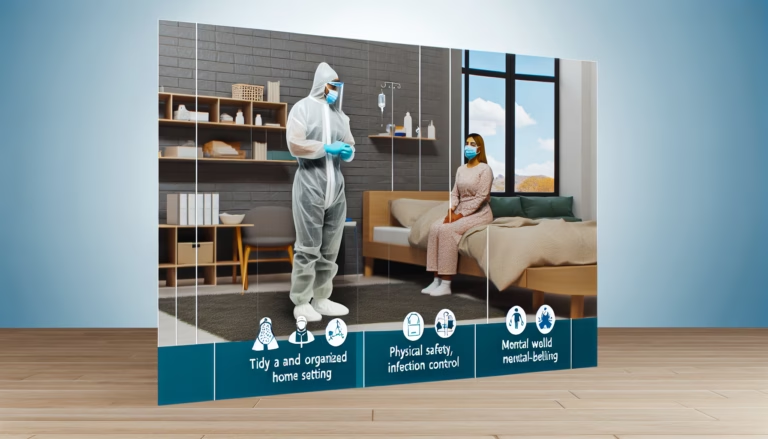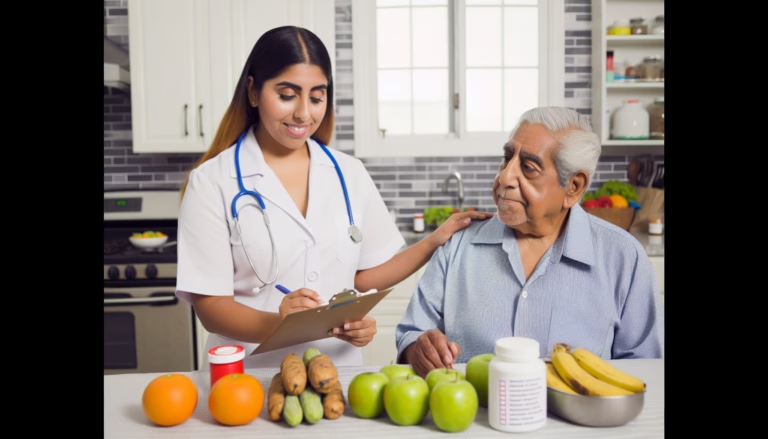As more and more people turn to home health care for their medical needs and recovery therapies, the importance of effective and streamlined communication between patients and their healthcare providers cannot be overstated. Whether it’s managing chronic diseases, dealing with an acute injury or illness, or simply maintaining routine healthcare check-ups, transparency and open dialogue can tremendously enhance the overall healthcare experience. This is what we’ll explore in today’s article: how to improve communication for superior home care and better health outcomes.
Understanding The Importance Of Clear And Effective Communication
What is notable about healthcare is that it relies heavily on effective interaction between caregivers and patients. Every patient has a unique health situation and thus requires a tailored approach. By establishing a clear communication channel, it becomes easier to discuss symptoms, treatment options, goals, and progress, which further helps in formulating a precise and effective health plan.
Strategies To Improve Communication In Home Health Care
Here are a few tested and tried strategies for patients and caregivers to improve their communication process, and ultimately, the health outcomes.
Highlighting Health Goals
Each patient has different health goals. For some, managing pain could be the primary concern, others may wish to gain mobility or maintain a particular level of physical activity. Clearly articulating these goals to healthcare professionals ensures that the treatment plan aligns with the patient’s needs and expectations.
Encouraging Open Dialogue
Encouraging a patient to voice fears, concerns, and share their feelings can have a profound impact on enhancing patient-provider trust. This, in turn, leads to better compliance and adherence to health routines and treatment plans, as patients feel more involved in their wellness journey.
Regular Updates
Regular health updates from patients can help healthcare providers track progress, adapt treatment plans if needed, and catch potential complications early. If caregivers have the most current information, it assists in providing effective and timely care.
Leveraging Technology
Technology has a significant role in improving communication in the health care industry. Mobile applications and telehealth services can make it easier for patients and caregivers to stay connected, discuss doubts, and seek necessary medical advice promptly.
Final Thoughts
Improving communication in the realm of home health care remains a vital aspect of enhancing patient satisfaction and compliance, reducing misunderstandings, and fostering stronger relationships between patients and their healthcare providers. Therefore, both patients and providers must work together to ensure that their communication strategies are effective and beneficial for overall health outcomes.



